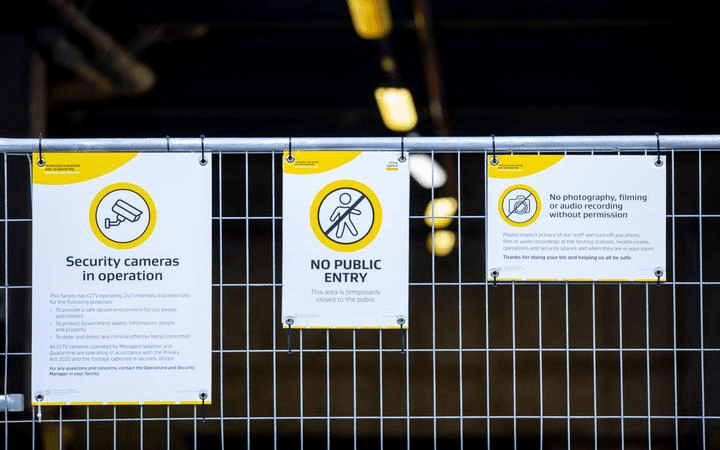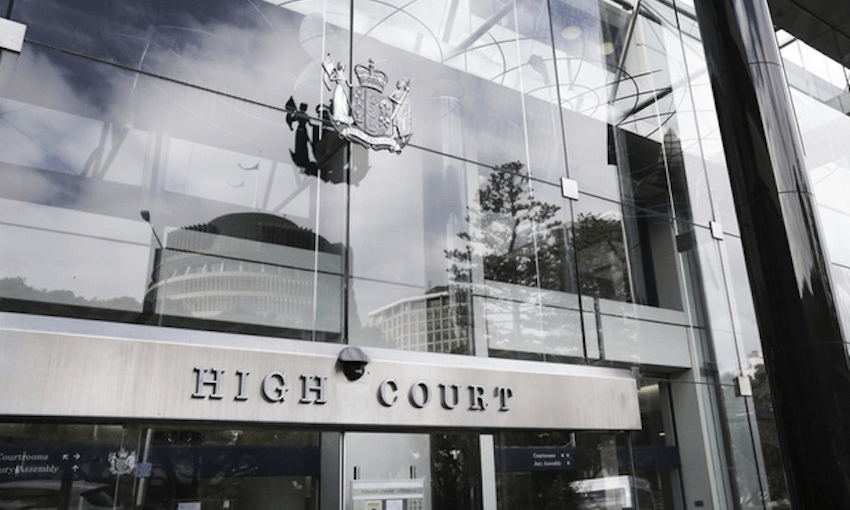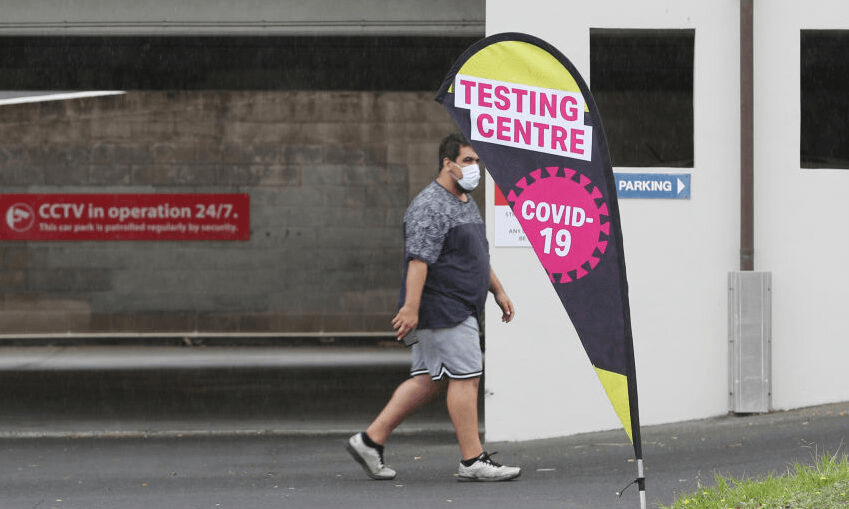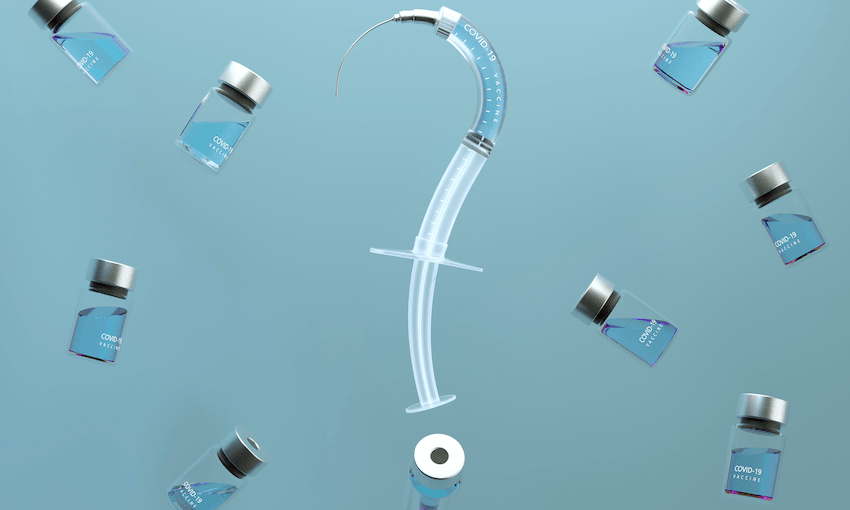There are 69 new cases of Covid-19 in the community today, in Auckland, Waikato, Bay of Plenty and Taranaki, the Ministry of Health has announced. Sixty-two people are in hospital, with seven in ICU or HDU.
Meanwhile, whole genome sequencing has now detected nine further cases of omicron in international arrivals, taking New Zealand’s total to 22 cases with the variant.
Of the total omicron cases to date, all remain in managed isolation with the exception of one case who has now recovered and been released as they are no longer infectious.
“Health and MIQ teams have been carefully planning for Omicron cases at the border and will continue to manage all arrivals cautiously,” said the ministry. “This includes isolation and testing requirements for all new arrivals, robust infection and prevention control and PPE measures at airports and MIQ facilities, and frequent surveillance testing of staff who have any contact with recent international returnees.”
Community cases
Seven day rolling average of community cases: 68
- Number of new community cases: 69
- Number of new cases identified at the border: 2
- Location of new community cases: Auckland (59), Waikato (7), Bay of Plenty (2), Taranaki (1).
- Number of community cases (total): 10,289 (in current community outbreak)
- Cases epidemiologically linked (total): 7,594
- Number of active cases (total): 1,762 (cases identified in the past 21 days and not yet classed as recovered)
- Confirmed cases (total): 13,125
Auckland
Today, there are 59 new cases being reported in Auckland.
Health and welfare providers are now supporting 1,999 people to isolate at home, including 551 cases.
There are seven cases to report in Waikato today; five in Te Kūiti, one in Huntly and one in Tokoroa.
There are eight pop-up and dedicated testing sites operating throughout Waikato today with sites in Hamilton, Te Kūiti, Taumarunui, Huntly, Ngāruawāhia and Ōtorohanga.
There are two Covid-19 positive individuals receiving care at Waikato Hospital.
There were 1108 tests processed in Waikato yesterday and 424 vaccinations given.
In the Waikato, public health, primary care and manaaki providers are supporting 55 cases to isolate at home.
Bay of Plenty
There are two cases to report in the Western Bay of Plenty today.
Of today’s cases, one is linked to previously reported cases, and one is still being investigated for potential links. Both are isolating at home.
Contacts are being identified and will be contacted for testing and isolation advice.
Taranaki
One new case is being reported today in Taranaki, who is linked to a case in New Plymouth.
This takes the total active cases in the region to 31.
Taranaki residents who have symptoms, even if they are mild and you are vaccinated, are asked to please get tested. Local testing sites can be found on the Taranaki DHB website.
Hospitalisations
- Cases in hospital: 62; North Shore: 11; Auckland: 31; Middlemore: 15; Waikato: 2; Tauranga: 3
- Vaccination status of current hospitalisations (Northern Region wards only): Unvaccinated or not eligible (31 cases / 56%); partially immunised <7 days from second dose or have only received one dose (6 cases / 11%); fully vaccinated at least 7 days before being reported as a case (15 cases / 27%); unknown (5 cases / 7%)
- Average age of current hospitalisations: 52
- Cases in ICU or HDU: 7 (1 in North Shore; 2 in Auckland; 3 in Middlemore, 1 in Waikato)
Vaccinations
This morning MidCentral DHB became the ninth of New Zealand’s 20 DHBs to achieve the 90% milestone for its eligible population to be fully vaccinated.
Meanwhile, Nelson-Marlborough DHB is next in line to hit the 90% mark for full vaccination of its eligible population, with just 550 doses to go as of midnight last night. Other regions close to the meeting the target include South Canterbury (280 doses); Hawkes Bay (1,990 doses); and Waikato (4,126 doses).
For Māori vaccinations, Wairarapa DHB has just 12 doses remaining to reach 90% partially vaccinated for its population; Southern DHB has 74 doses, and Waitematā 263 doses.
For our Pacific communities, Whanganui DHB has just 56 doses to go to be 90% partially vaccinated, joining all the other 19 DHBs to have reached this mark. MidCentral DHB has just 19 doses to go to reach 90% of its Pacific population being fully vaccinated, with Canterbury only 46 doses away, and Waikato with just 120 doses to go. Nine other DHBs have already hit this milestone.



